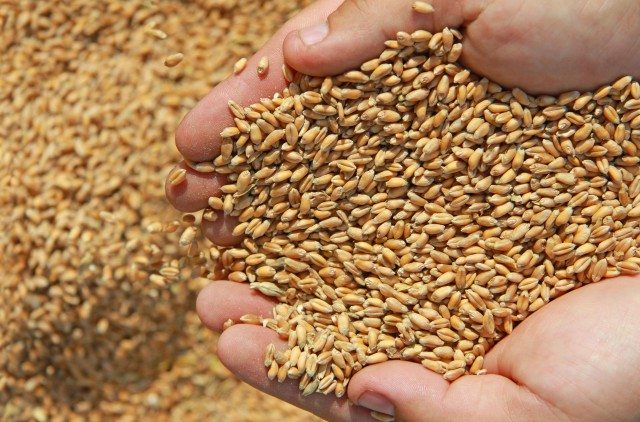FAO and the Global Alliance for Improved Nutrition (GAIN) have agreed to enable inclusive and efficient agricultural and food systems, focusing on new approaches which engage small and medium enterprises (SMEs) to promote market-based solutions as a key tool for improved nutrition.
Both parties will also work to make urban food systems more nutrition-sensitive, through support to GAIN’s Urban Governance for Nutrition Program and FAO’s Urban Food Agenda.
At present, FAO says more than 50% of the world’s population lives in urban areas and it is expected to rise to 70% by 2050.
This creates an enormous challenge to food production and supply.
Food and nutrition security of poor urban populations remains at risk as a consequence of the volatility and rapid increases in food prices, natural disasters and climate change effects.
Referencing the recent General Assembly resolution on ‘Global health and foreign policy: a healthier world through better nutrition’, FAO Director-General José Graziano da Silva called for greater promotion of healthy diets.
“We must focus more attention on the promotion of healthy diets, especially now with the epidemics of obesity and overweight. We know the main causes of hunger and how to defeat it.”
However, he noted that there is still a need for greater monitoring and regulation in order to make food systems safer and more resilient. “The private sector has a key role to play here – without them, we cannot move ahead with this agenda.”
Since its launch 2002, the Switzerland-based GAIN has worked to keep nutrition on the global agenda.
Working in alliances to make food systems more nutrition-sensitive, GAIN provides technical and policy support to key stakeholders across food systems, such as governments, private sector, farmers and consumers.
GAIN has considerable experience working with the private sector, in particular through its Marketplace for Nutritious Foods program.
The Marketplace functions both as a Community of Practice and innovation accelerator, linking a network of local entrepreneurs, investors and institutions which work on agriculture and nutrition, and offering participants the chance to receive support for ideas that increase access, affordability and diversity of nutritious foods for vulnerable populations.










